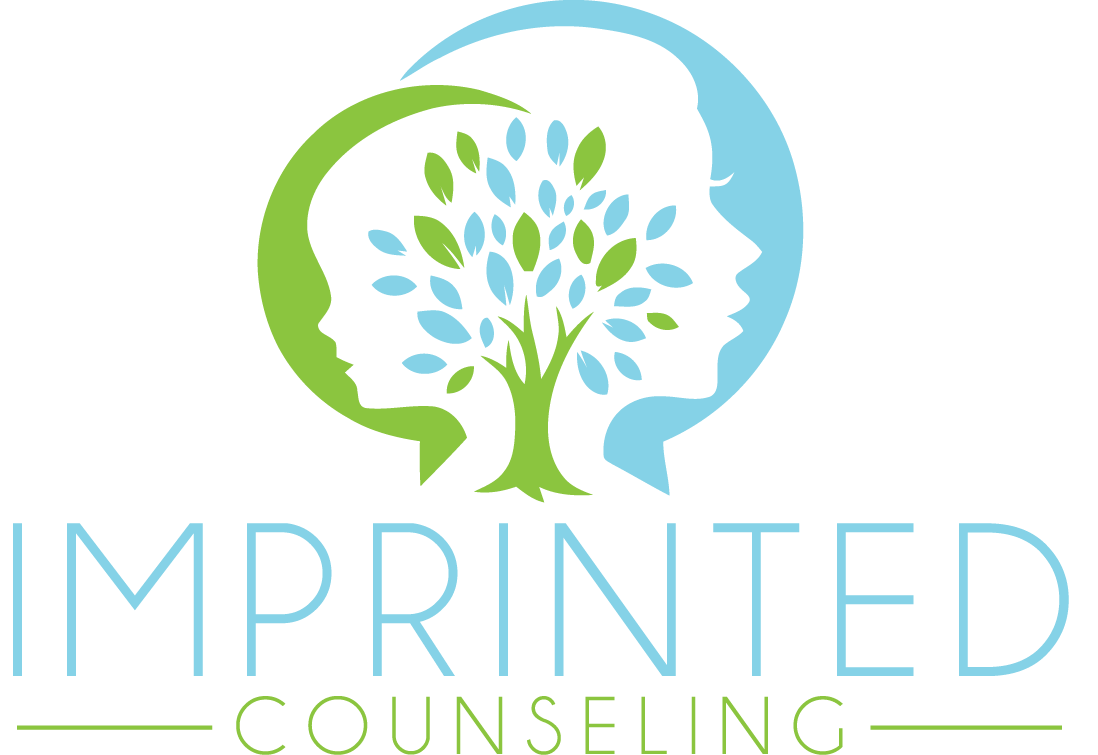
It’s hard to believe we’re welcoming late-August already. In the busyness of summer, I realized I missed some posts meant for May. So, take a minute. . . close your eyes. . . and let’s play rewind to May… When summer was just around the corner and falling leaves were nowhere to be found.
May is personally one of my favorite months due to the beautiful weather and the greenery really taking off. But, professionally it’s also one of my favorites. You see, May is Mental Health Month and with it comes mental health awareness. So, let’s dive in!
Sometimes it’s hard to face the truth. Sometimes it’s hard to admit we need help. And, it can be difficult to admit when we’re wrong. In life, the best thing to do is share our faults, our needs, and try to make some changes moving forward. So, why do we find ourselves so often doing the opposite?
Likely, because the best thing to do can be dang hard! Let’s be honest, it takes great skill to be open and VULNERABLE. So many clients come to me wondering how to do just that. But more often than not, people keep silent and just get by. Some of these silent people are afraid of judgment from others and may even have judgments of mental health and therapy themselves.
But what if the issue is bigger than just one person, one neighborhood, and really stems in the great wide world . . . Society itself?!?!?! Would that change your mind? Would you find a way to live in a way where being vulnerable is okay?
One of the biggest ongoing battles in the field of mental health is getting rid of the stigmas attached to it in the first place. I could write article after article showing ways people experiencing mental health concerns are stigmatized, but that’s hard to do without understanding what stigma means.
So, what exactly is a stigma? According to the Cambridge Dictionary stigma can be defined as “a strong lack of respect for a person or group of people or a bad opinion of them because they have done something society does not approve of.” If we dig in deeper words related or similar to stigma include: disgrace, shame, dishonor. Do me a favor and think about it. . . As you read those words (disgrace, shame, dishonor) does it make you uncomfortable? For some of you, my guess is Yes!
When I look across society, I see all kinds of things being stigmatized from being homeless to divorce. Then, those stigmas are normalized and generalized in everyday conversation. For example, “Homeless people are lazy.” Some people assume this statement is true rather than asking the right questions or having evidence to validate their idea. Instead, imagine what would happen if we took the time to ask the right questions such as “What leads to homelessness in the first place?” Imagine how things might change. . .
The same holds true for stigmas and mental health. And, you might be wondering how it shows up in everyday conversations. So next, let’s look at the following comments and think about how often you’ve heard a family member, friend, or colleague say one of these statements. You may have even made one of these comments about yourself!
* She’s crazy.
* John is bipolar I swear he’s like two different people.
* I’m so ADD I can’t concentrate on anything.
* I have to have things so organized…. That’s my OCD.
All of these comments are different ways of using clinical diagnoses inappropriately and many of us are guilty of doing this even to ourselves! These comments make the mistake of defining THE PERSON AS THE DIAGNOSIS NOT AS A PERSON WHO HAS A CLINICAL DIAGNOSIS.
So, what can you say instead?
Stay tuned!… That will be the topic of my next post.
